Should You Buy a CPO Electric Car?

The plethora of new and forthcoming electric vehicles is stirring up interest among prospective shoppers, but even as the list of battery-powered cars, trucks and SUVs rapidly expands, their higher prices pose a significant barrier to ownership. Additionally, EVs aren’t immune to the inventory constraints and limited availability plaguing the industry.
One way to navigate both roadblocks is to consider buying a used EV. For added peace of mind, most EVs can come with a certified pre-owned designation, offering the same perks as gas-powered CPO cars: a multipoint inspection, warranty coverage, roadside assistance and special financing rates.
Related: What to Know Before Buying a Used Electric Car
Buying a used EV isn’t a foolproof solution, however. As with any pre-owned car, there are uncertainties that can be amplified when buying used (especially for first-time EV owners), such as driving range degradation and battery warranties. A CPO certification can boost confidence in the purchase, but it also boosts a used car’s price tag and may not be necessary for every used EV.
Before moving forward with a certified used EV, shoppers should compare CPO programs — specifically the warranty coverage, inspection items and finance rates — then evaluate if the benefits are worth the premium over a non-certified vehicle.
What Differentiates a CPO EV?
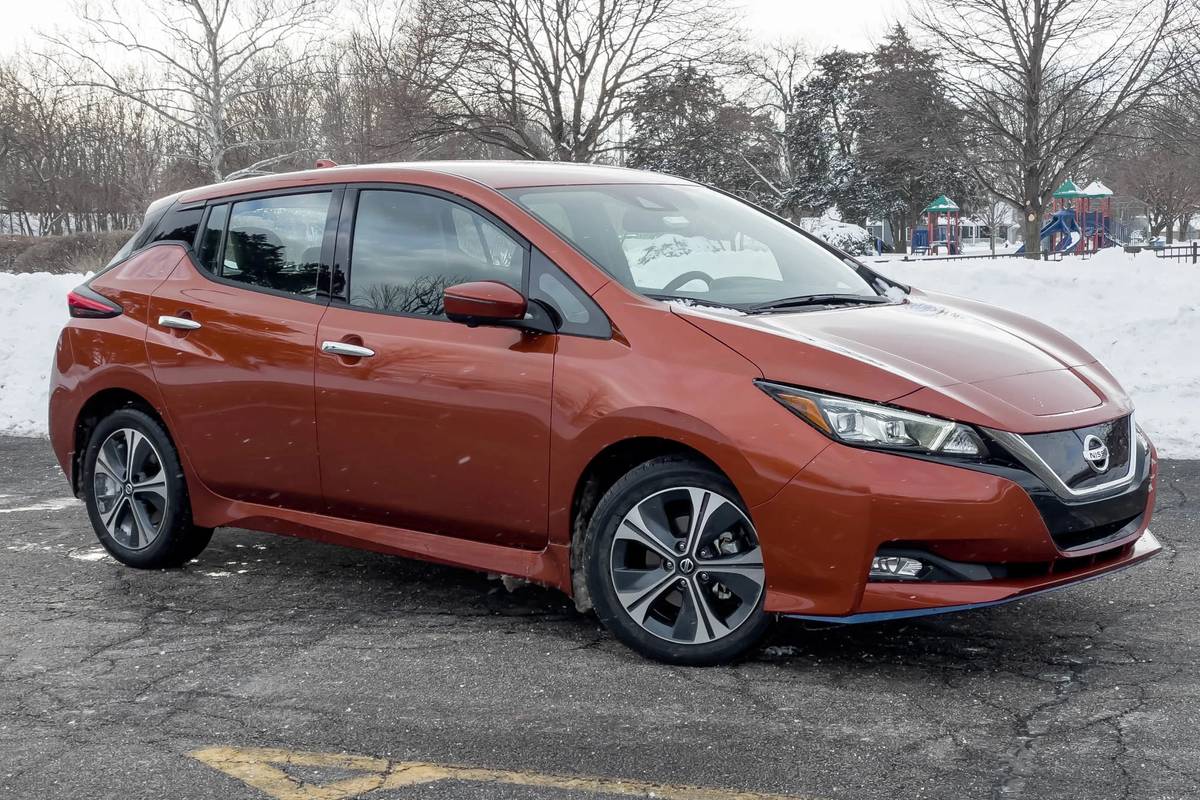
EVs like the Nissan Leaf, Chevrolet Bolt EV and Volkswagen ID.4 are included in their respective automaker’s CPO program, which means they come with similar multipoint inspections and warranty coverage with some EV-specific criteria. For example, the Leaf was one of the first all-electric cars on the market and has been included in the automaker’s CPO program since 2013.
According to Jeff Wandell, manager of EV communications at Nissan, the Leaf has to pass the same evaluation as a gas-powered car with extra qualifications for the battery: “CPO [qualification] for the Nissan Leaf must follow all normal CPO certification procedures for any Nissan vehicle, including a supplemental inspection in addition to the traditional 167-point quality inspection,” wrote Wandell in an email to Cars.com. “Examples of additional inspection items include [the] Leaf’s battery gauge [to measure the remaining capacity], charge-port operation and charge-port sealing cap.” Just like other Nissan CPO vehicles, the Leaf must have less than 80,000 miles, be less than six years old and have a clean vehicle history report. As for the warranty coverage, a CPO Leaf gets an extended powertrain and EV system warranty that stretches the remainder of a new vehicle’s 60-month/60,000-mile warranty for an additional 24 months or 40,000 miles, according to Wandell.
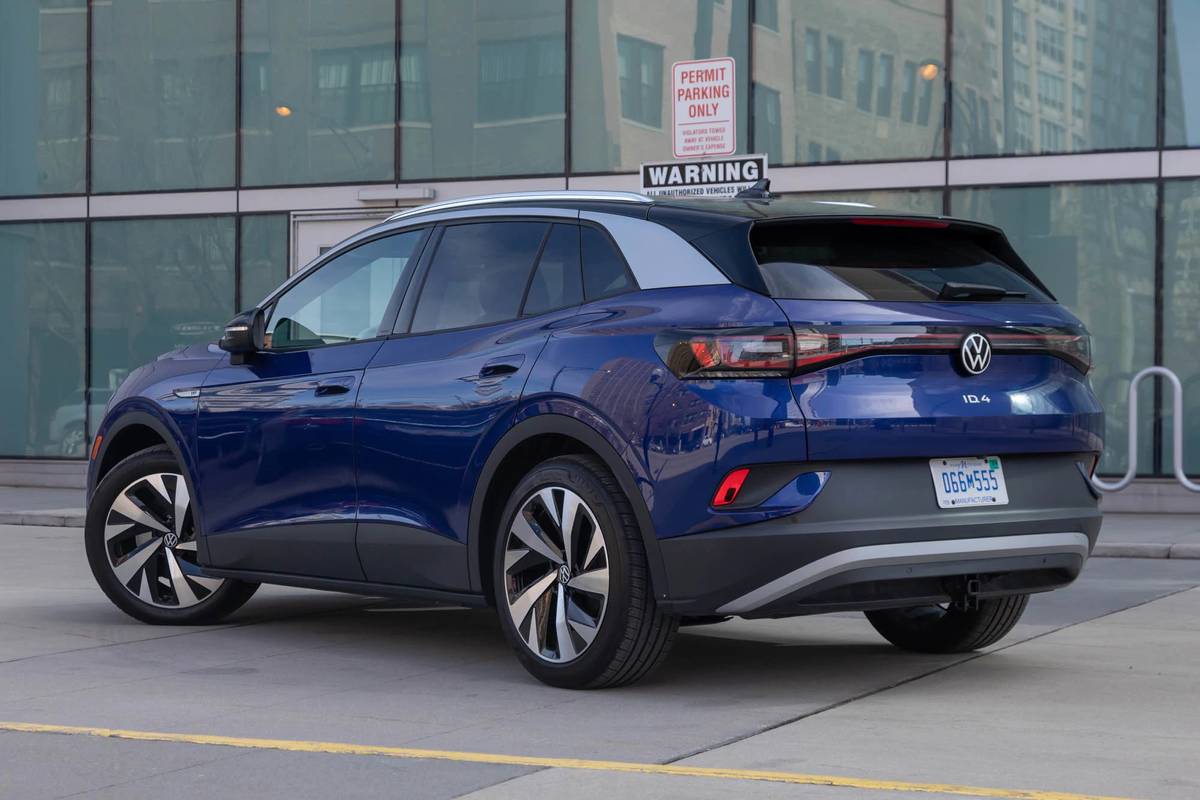
The CPO inspection checklist for the VW ID.4 includes an entire section dedicated to EVs and hybrids, according to Mark Gillies, VW’s manager of product and technology communications. Special items include the condition of the battery that must retain at least 70% of its original capacity. It also evaluates the EV’s regenerative braking system, electric motor, charge port and cables.
The Chevy Bolt EV and EUV come with some special conditions: Each model uses the same 172-point inspection as a gas-powered CPO vehicle with an EV-specific section, according to GM spokesperson Sabin Blake. In addition to the six-year/100,000-mile powertrain limited warranty and 12-month/12,000-mile bumper-to-bumper limited warranty, a CPO Bolt comes with the remainder of the eight-year/100,000-mile new-vehicle battery warranty — also available for non-certified used Bolts.
Most CPO programs include a trial subscription of an app-based telematics or connected services plan, which can be especially useful for EV owners. For example, Chevy’s EV Access, included in the OnStar Connected Services plan, allows owners to check vehicle range and battery charge status and find charging stations along a route. A one-month trial of the OnStar plan is included for all CPO Chevys. In some cases, these services are complimentary even without a CPO designation; the FordPass app, for example, comes with EV-specific features for vehicles including the Mustang Mach-E.
What About Used Teslas?
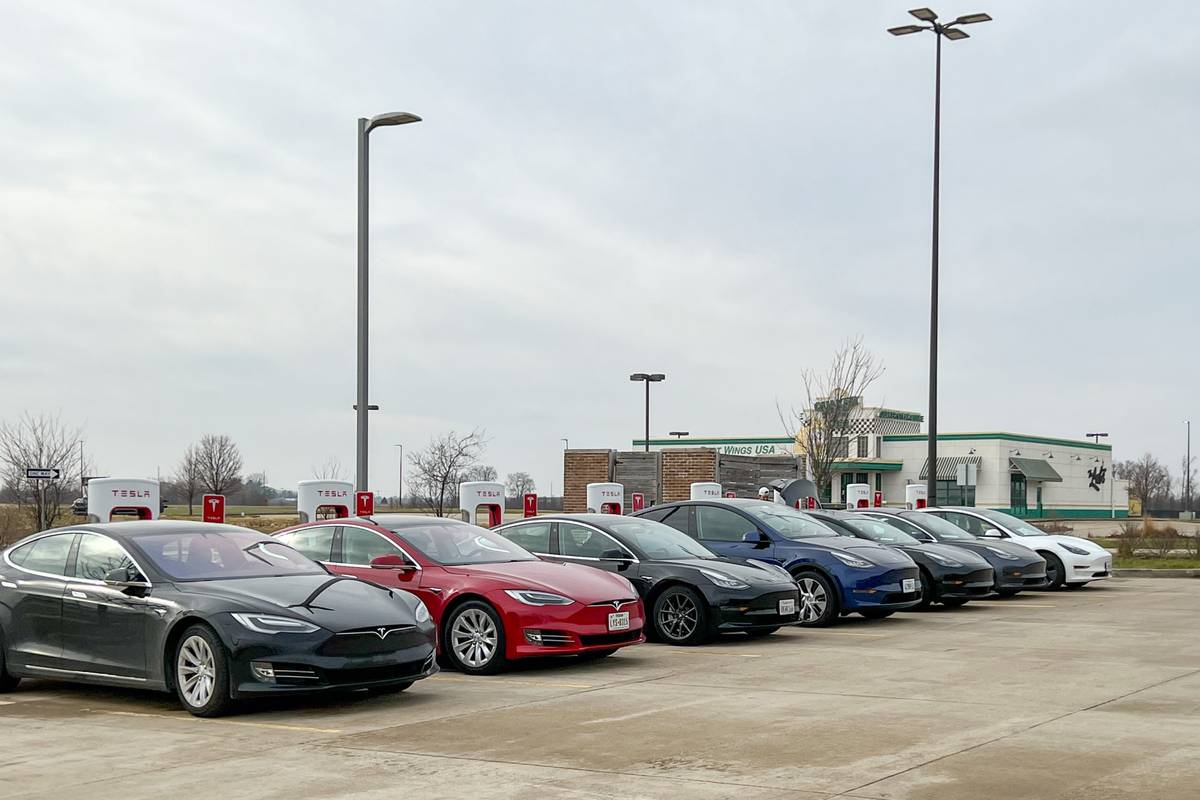
Although Tesla doesn’t refer to its used certification process as “CPO,” the automaker certifies used models with a 145-point inspection and an extended limited warranty — but it applies only to vehicles ordered directly through the automaker. Used Teslas transfer the remainder of the basic new-vehicle limited warranty of four years or 50,000 miles. If the original warranty has expired, used EVs are covered under a used-vehicle limited warranty that adds coverage of one year or 10,000 miles from the date of purchase. Any remaining balance from the battery and drive unit limited warranty can be transferred to used vehicles. This warranty covers up to eight years and 100,000, 120,000 or 150,000 miles (depending on the model) with a minimum 70% battery capacity retention.
All used Teslas with Autopilot hardware offer one of three driver-assist options: Autopilot with convenience features (with no access to Full Self-Driving), standard Autopilot that can be upgraded to a Full Self-Driving subscription or Full Self-Driving capability. A 30-day trial of Tesla’s Premium Connected Services also comes with every used Tesla model.
Multipoint inspection components for all used Teslas include Autopilot, displays, steering and suspension, powertrain, brakes and the charging system. While haggling is acceptable for most CPO vehicles, pricing for Tesla’s used vehicles is not negotiable.
A Battery Warranty May Already Be Included
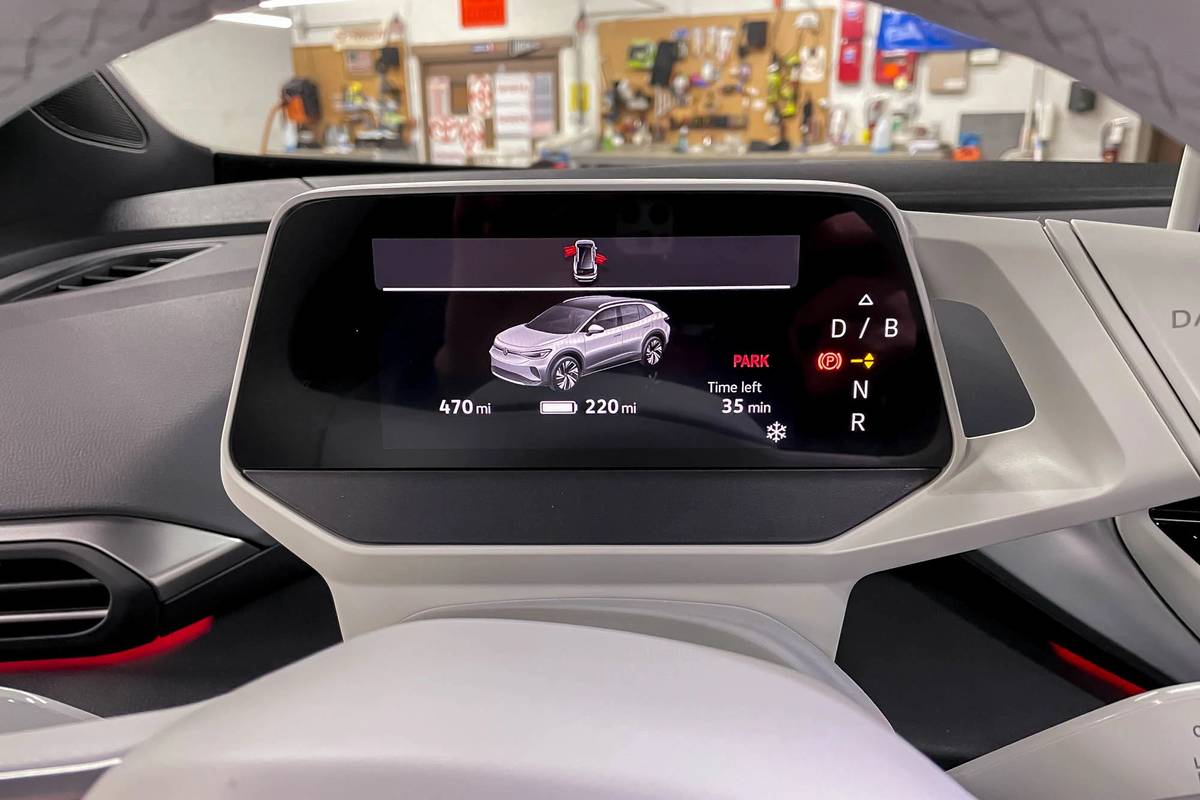
If the vehicle’s battery is the primary concern when buying a used EV, a CPO designation may not be worthwhile. That’s because many newer models already offer a long-term battery warranty that’s transferred to the new owner after purchase. EVs like the Chevrolet Bolts and VW ID.4 come with a battery warranty that’s good for eight years or 100,000 miles, whichever comes first. Some brands, like Hyundai and Kia, extend the warranty to 10 years or 100,000 miles.
It’s important to note that older EVs may not offer the same battery warranty. For example, Hyundai didn’t make the warranty transferable for the original Ioniq or the Kona EV until 2020. This means a CPO designation could be more valuable for one of these older EVs.
Potential Savings, But No Federal Tax Credits
Going with a CPO EV can provide savings on the purchase price compared to buying a brand-new model: The average advertised price among Cars.com dealers for all gas-powered and electric CPO vehicles was $30,916 through the first quarter of 2022; alternatively, new vehicles averaged $35,915 for the same time period. On the other hand, a used car with no CPO designation can be an even more frugal choice: The average advertised price for all non-certified used vehicles among Cars.com dealers during the same period was $25,149.
One possible advantage of going with a new EV over CPO is a federal tax credit to qualified buyers of up to $7,500 that applies to most electric and plug-in hybrid models. Tesla and GM vehicles are excluded from the tax break since each automaker has already exceeded the maximum number of EVs sold to qualify. The credit applies to any model year of a new EV but is not offered for pre-owned EVs.
More From Cars.com:
- Here Are Your Best Used Electric Cars for 2017-19
- Here Are the 11 Cheapest Electric Vehicles You Can Buy
- Are Certified Pre-Owned Cars Worth It?
- The Basics of Buying a CPO Vehicle
- More EV News
How to Buy a CPO EV
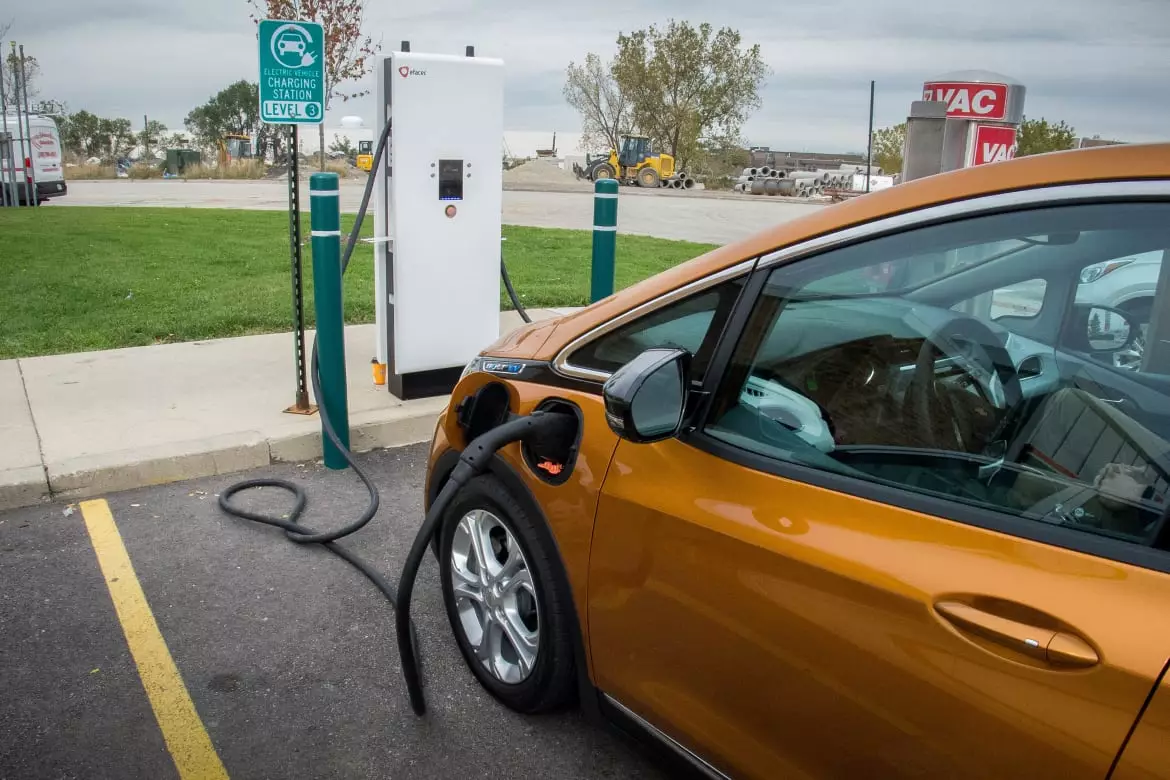
Before committing to a CPO EV purchase, make sure to confirm the specifics of the warranties and the items on the inspection checklist. Even though most CPO EVs include a multipoint inspection, getting the vehicle inspected by an independent mechanic that’s knowledgeable about battery-powered cars can be a smart move. In addition to the vehicle history report included in the CPO program, you can also use a service like Recurrent to obtain a used EV battery condition report for added reassurance.
Next, research the special financing rate for CPO vehicles. Shoppers with good credit that finance through the manufacturer can often take advantage of more competitive rates compared to non-certified used cars. Finally, if you have any hesitations about owning an EV, check if the CPO program comes with an exchange policy. For example, Chevy Bolt EV shoppers may be eligible for GM’s three-day/150-mile exchange window, and Ford’s CPO program gives Mustang Mach-E buyers 14 days or 1,000 miles to swap vehicles.


No comments